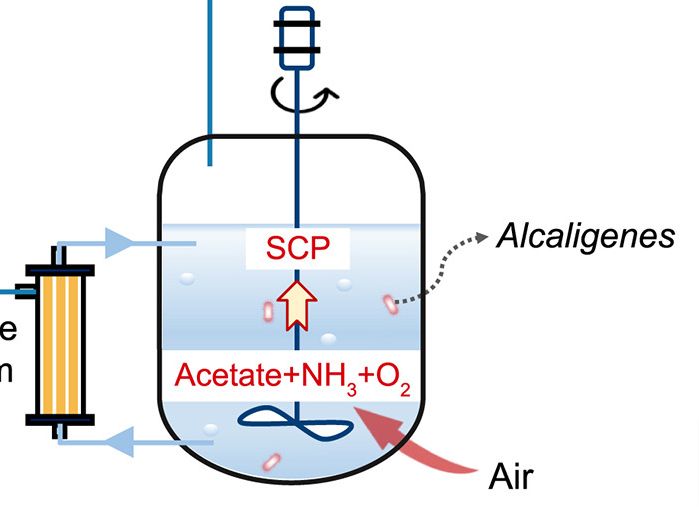We recently covered an article explaining the vital role of the oceans in the global carbon cycle and the process in which oceans accumulate, transport and convert carbon molecules. But according to a recent research carried by Irina Marinov and Raffaele Bernardello from University of Pennsylvania and colleagues from McGill University, says that climate change is slowing down the deep ocean currents and can adversely influence the climate in the future.
The current at the depths of the ocean is also known as conveyor belts and are the prime source of circulating huge amount of heat, nutrients, oxygen and carbon around the oceans. And climate change due to global warming is going to affect this distribution pattern and thus pose serious threat to the planet’s future climate.
As per the observations made by an assistant professor at the University of Pennsylvania, Irina Marinov, there is an alarming decline in the formation of these currents near Antarctica and due to which we may see a reduction in the overall uptake of carbon dioxide, heat, human produced or anthropogenic by the oceans, making this a definite evaluation loop for the changing climate.
During the research, the team observed that the colossal current called Antarctic bottom water, flowing at a depth of 2,000 meters beneath the surface of the ocean, near the Antarctic shore and moving towards the equator has been gradually retiring. These cold and salty currents are dense and perceived to be absorbing huge amounts of heat and carbon from the atmosphere. About 60 percent of the anthropogenic heat and 40 to 50 percent of anthropogenic carbon dioxide, generated on Earth are absorbed by the Southern Ocean.
Therefore, the Southern Ocean appears to be playing a very significant role in regulating the climate, said Marinov and made the team to further investigate the direct impact of retiring of Antarctic bottom waters and the anthropogenic climate change.
The team studied the satellite images taken between the year 1974 to year 1976 and observed bizarre phenomenon called polynya that occurred in the Weddell Sea. The large ice free region within the Weddell sea was called Polynya and was created when warm water originating from the North Atlantic region was forced upwards, near the surface of the Southern Ocean. On the other hand, sea ice formation, discharges salt which forms a dense layer of brine at the sea surface. And due to this process, a layer of heavy cold and salty water is formed above the lighter, warm water of the ocean. Slowly the layer of heavy, cold water mixes with the water layer of the water beneath, resulting in the process known as open sea convection.
The Polynya has not been observed post 1976 and therefore, has been classified by the researchers as a rare phenomenon. However, the researchers advocate that the polynyas were more likely to occur in the pre industrial era.
The climate change due to global warming is melting more ice packs, adding more fresh water to the ocean. The fresh water is buoyant and does not sink to mix with the underlying layers of the ocean and resulting in the reduced polynyas emergence and less open sea convection. Marinov observed that the open sea convection that occurs in polynyas, significantly contribute to the Antarctic bottom waters. These deep sea water currents are responsible in feeding the remaining ocean.
But unfortunately, as the sea water losses its salinity and get fresher, the process of open sea convection is shutting down too.
The research suggests that the recent decline in the polynyas indicates that the deep water of the ocean is trapping heat and possibly is the reason behind the slackening of the global warming and the surge in the Antarctic ice as observed in the recent time.
Nevertheless, the decline in the polynyas will possibly be a positive assessment on warming, as the convection process is slowed down and diminishing the quantity of new, anthropogenic carbon and heat being removed from the atmosphere. Researchers are on the look out for these implications in their work.
Oceans are reservoirs of carbon, as the gases get easily mixed with colder liquids and with the change in the climate due to increase in the temperature, ocean may release some of its stored carbon in the coming time. This can cause availability of more carbon in the atmosphere which would further add to global warming.
Source: Penn News




